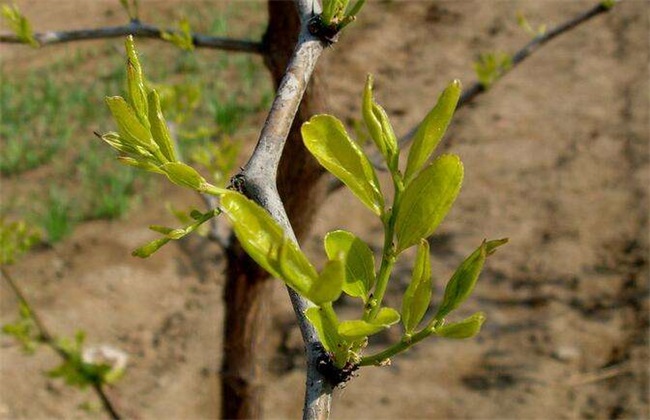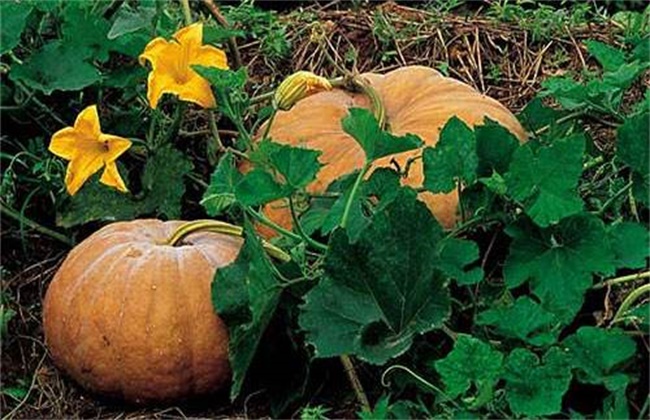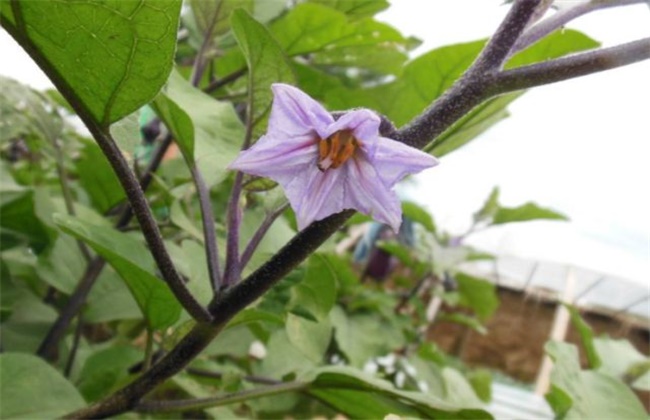Propagation methods of jujube
Jujube is a kind of fruit of Rhamnaceae, which is widely cultivated in hills, plains and other places in China. Jujube is rich in nutritional value, such as vitamin C, vitamin P and so on, so the market demand of jujube is increasing. The planting area of jujube trees is naturally getting larger and larger, so how do we breed when planting jujube trees? The following editor brings you the breeding methods of jujube trees, let's have a look!

1. Root-cutting propagation
First of all, we should choose a good, robust, high-yield jujube tree. Before jujube sprouting, trenches are now dug outside the crown with a width of 35 cm and a depth of about 50 cm. Then cut off the root of the jujube tree with a diameter of about two centimeters, then apply appropriate amount of farm manure to the dug ditch, and then backfill the soil. At the beginning of the growing season, the occurrence of root tillers can be seen. Then in the following spring, the root tillering seedlings were dug out, treated with rooting agents, and planted in the nursery for cultivation.
2. Grafting propagation
The grafting methods of jujube are generally bud grafting and branch grafting. When we use grafting to propagate, we should make sure that the scion is fresh enough, there is enough water, and there is no water loss. Flatten the scion, then align the scion with the rootstock, and tie the graft around the graft with a grafting film. In the operation, it is necessary to speed up as much as possible. After grafting, bury the seedlings in the soil and water them properly to maintain a certain degree of humidity. Then, a week before grafting, properly water the rootstock nursery to promote peeling.
3. Root cutting propagation
First of all, like root-cutting propagation, jujube trees should be selected first to ensure that jujube trees have strong growth ability, no diseases and insect pests, high yield and so on. Then pick the root, cut the root into about 25 cm, keep the diameter at 2-3 cm, and then store it in an underground kiln. Dig the seedling ditch and raise the seedling when the environmental conditions are suitable in the spring of the second year. Insert the root ear into the seedling ditch at a 45-degree angle, expose about two centimeters above ground, and water it in time after insertion. And before cutting, attention should be paid to the treatment of roots and ears with rooting agents and plastic film mulching after cutting.
4. Cuttage propagation
Before cutting, we should first prepare the cutting bed, wet the sand bed, and control the degree of drilling without collapse. When cutting, generally punch holes, while dipping the cuttings with rooting agents. The small hole should be larger than the cuttings to prevent the small hole from causing the rooting agent to be erased and reduce the efficacy. Cuttings should not be too deep, just keep it at about three centimeters. If the cuttage is too deep, it can easily lead to base rot and affect rooting. But it can not be too shallow, if it is too shallow, the cuttings are easy to lodge, and the roots are easy to leak, which also affect the growth of cuttings. Finally, attention should be paid to squeezing the holes after cutting so as to improve the contact area between cuttings and river sand.
The above is a brief introduction to the breeding methods of jujube trees. There are many breeding methods of jujube, and we should choose reasonable breeding methods according to the local environmental conditions and our own planting techniques. That's all for today's introduction. This article is for reference only. I hope it can help you all.
Related
- Where is it suitable to grow horseradish in China? it is expected to see the middle altitude horseradish in Alishan.
- How to prevent tomato virus disease reasonably? (Control methods included)
- Many people like to plant towel gourd on the balcony. What are the main points of this method and management?
- What crops can chili peppers be mixed with?
- Fertilization techniques and matters needing attention in Tomato
- What are the grafting techniques for peach seedlings in spring?
- Harm and control methods of root swelling disease of Chinese cabbage
- What are the pests of sweet potatoes? How to prevent and cure it?
- Symptoms, causes and Control methods of navel Rot in Tomato
- The cause of "Cucumber rotten bibcock" in Farmers' planting Cucumber and its Control Plan



